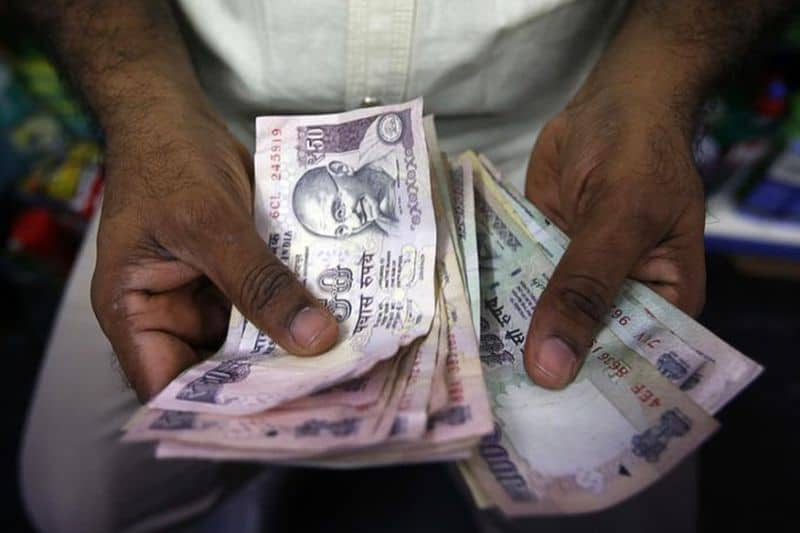NEW DELHI: Last week, just few months ahead of the general assembly elections 2019, the Modi-led government has issued the Banning of Unregulated Deposit Schemes Ordinance, 2019 to prevent chit fund scams and protect small investors.
The proposed Ordinance w.e.f. February 21, 2019 (hereinafter referred to as ‘BUDS’) will “immediately tackle the menace of illicit deposit-taking activities”, an official statement said.
According to a report in the Economic Times, experts compare the timing of such an announcement to the event of demonetisation in November 2016 which came in just 3 months prior to the Uttar Pradesh elections and believe this ordinance will have widespread ramification on some sectors and small traders.
The proposed ordinance, prevents any individual or group of individuals from taking any deposit or loan from any person other than relatives to tide over a crisis.
The new law permits taking loans only from relatives, banks, financial institutions, property buyers, customers (extending an advance payment), and for other designated purposes.
Likewise, a proprietor can borrow from a non-relative so long the borrowing is strictly for business purposes.
“However, the ability to augment resources for meeting personal and social commitments, (or) medical and educational urgencies will dry up as no amount can be borrowed from persons other than relatives as defined under the Companies Act. The definition is restricted to only immediate family members,” the business daily quoted a senior chartered accountant Dilip Lakhani as saying.
Lakhani further told ET that the ailing real-estate sector will be hit hard as developers or property sellers can only be accept deposits for a designated transaction and the amount can be adjusted against the future sale consideration.
“This is the biggest change after demonetisation, GST and RERA that have impacted black money. It would ensure investor protection, particularly in the real estate sector. Will it have a retrospective effect on funds that individuals and firms have on their books?” Girish Vanvari, founder of tax advisory firm Transaction Square told ET. “Also, there is no threshold amount beyond which the deposit would be considered unregulated. So, even a small amount of such deposits would technically be a violation,” Lakhani added.
The ordiance got President Ram Nath Kovind’s assent two days after the Union Cabinet approved its promulgation.
On February 6, the Cabinet had decided to amend the law based on the recommendations of the Parliamentary Standing Committee that went into the provisions of the Bill.
The ordinance will altogether ban unregulated deposit taking schemes, also called Ponzi schemes, and have adequate provisions for punishment and disgorgement or repayment of deposits in cases where such schemes somehow manage to raise deposits illegally.
Any person running such deposit schemes without registration would attract penal provisions of the law. Advertisements of such unregistered schemes and brand ambassadors of such schemes would also be covered under under the law.
With agency inputs

